With the release of titles like Elden Ring and the media attention given to Miyazaki’s works, the Souls-like sub-genre has garnered a massive following. Consequently, the catalog of entries in this sub-genre has naturally expanded. However, this isn’t necessarily a positive development. The industry’s fixation on the success of a few titles has led to a surge of similar and often subpar games within this genre.
Currently, in the video game world, most action RPGs are emulating Miyazaki’s titles, yet none of them reach the quality of even the weakest titles of The iconic Japanese director. Amidst this, a few noteworthy games have emerged. We had Lies of P, which may be the best homage to From Software’s creations, and now The First Berserker: Khazan has captured significant attention with its impressive showcases.
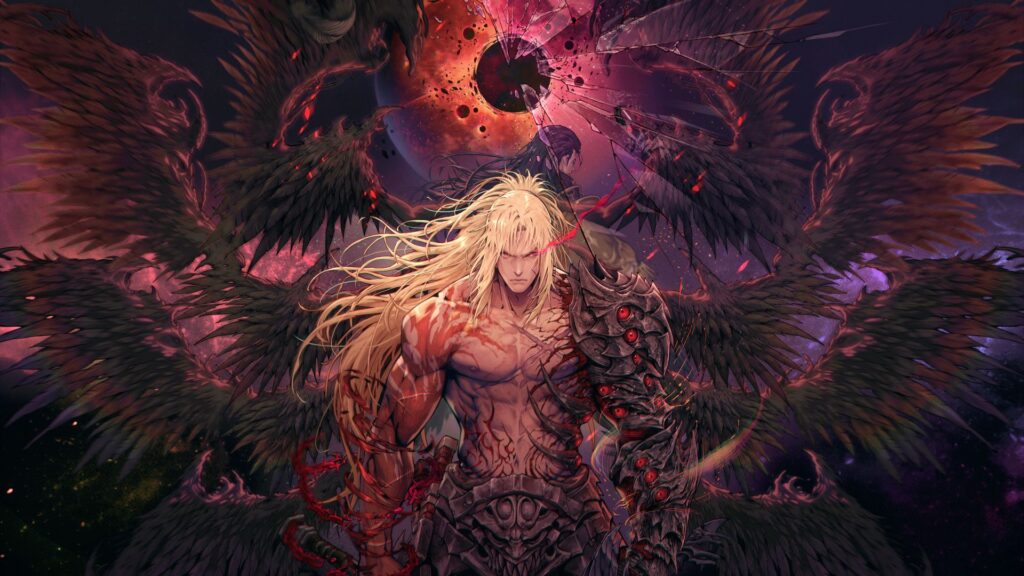
Recently, a limited playable demo of The First Berserker: Khazan was released, allowing us to experience part of the game’s stages. This experience wasn’t flawless, but was quite charming.
From my time with The First Berserker: Khazan, it’s clear the game doesn’t intend to create anything new or special within the Souls-like genre. It is essentially a generic Souls-like game built on the foundations of Miyazaki’s games. Overall, The First Berserker: Khazan employs the same mechanics that you’ve undoubtedly experienced in From Software’s titles, and apart from this, it offers nothing particularly new. In my opinion, this is the game’s biggest weakness. Whether you play The First Berserker: Khazan or skip it, you won’t miss out on anything significant since a much higher quality version of this work already exists, crafted by From Software and Miyazaki, and the Neople studio hasn’t taken any steps to advance this genre.
However, if you ask about my experience with The First Berserker: Khazan, I’d say my few hours with the game were quite enjoyable. It combines the combat speed of Sekiro with limited RPG elements from Dark Souls, resulting in an entertaining formula. The combat is fast-paced, deflecting attacks is rewarding, and the RPG elements offer substantial freedom to customize your character and create many effective builds.
Yet, there are several significant issues overall. Firstly, it seems there are no elite mobs in the game. The toughest enemies that attack you at specific points do not leave the game world permanently after being killed once. This means if you die, you have to fight the mini-boss that confronted you again, which makes the experience somewhat frustrating. Additionally, the game’s environments lack complexity, and the level design in The First Berserker: Khazan during this demo was quite linear. Although we can’t judge the whole game based on a demo, because it is possible that after a few hours of gameplay in the final version, this issue might be resolved. However, if this linearity remains in the final version, it might not appeal to players who have experienced many Souls-like games.
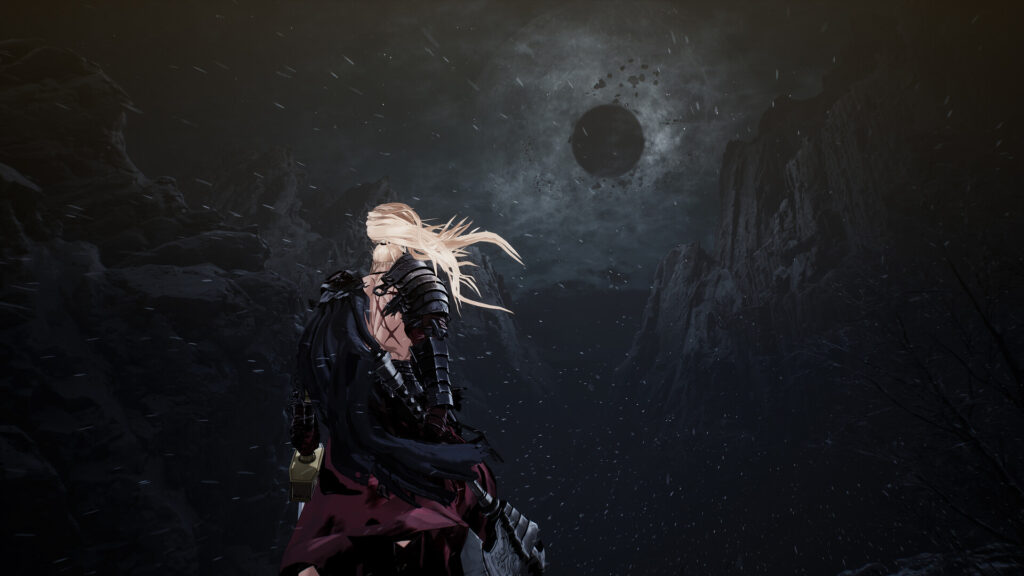
Moreover, the boss design also has room for improvement. I always believe that while Miyazaki creates challenging games, he also considers fairness and logic, striving to make games that are complex yet fair. In the demo of The First Berserker: Khazan, I faced an ice giant which, structurally, was a good boss fight but unfortunately wasn’t fair enough. The boss I’m referring to had three different phases, each adding more to its attack pattern. Adding to this, the overly large health bar of the ice giant as the first boss fight in the game. All these factors together create a fight that is tedious and prolonged rather than genuinely challenging. If the rest of the bosses in the game are similar, many players might get tired of The First Berserker: Khazan halfway through, which is not good for the game.
Nonetheless, in terms of atmosphere, setting, and even visual effects, the game is at a good level, contributing to a relatively enjoyable experience. But now the question is whether The First Berserker: Khazan can be appealing to everyone. I would say that so far, Neople’s Souls-like game just gets a passing grade, and if they are looking for a special place among the catalog of games in this sub-genre, they need to put in more effort.



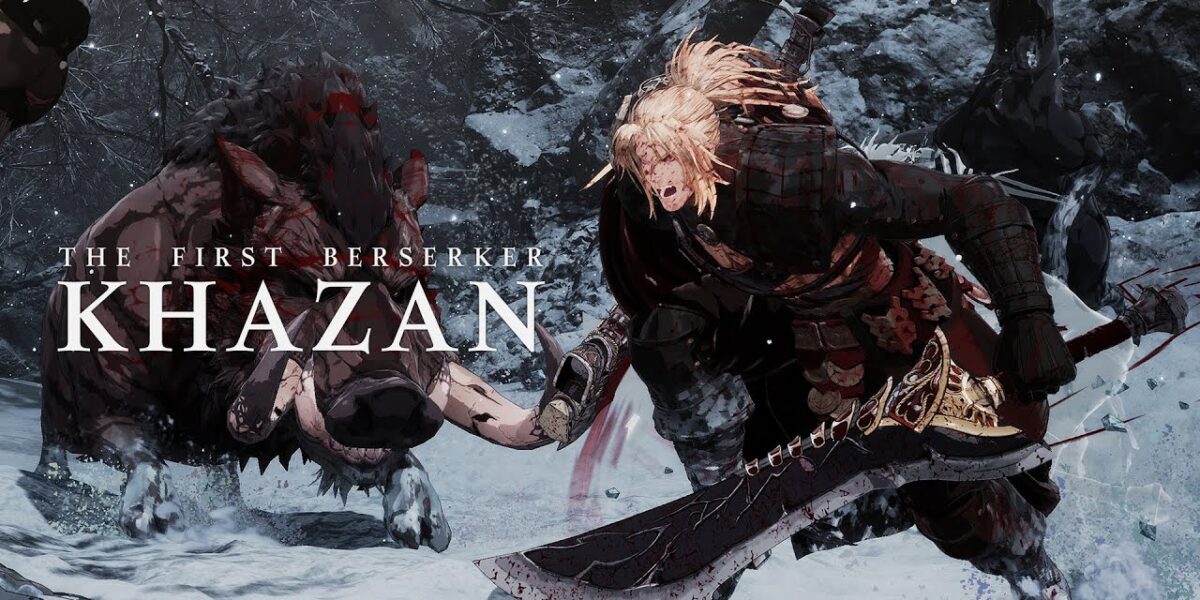


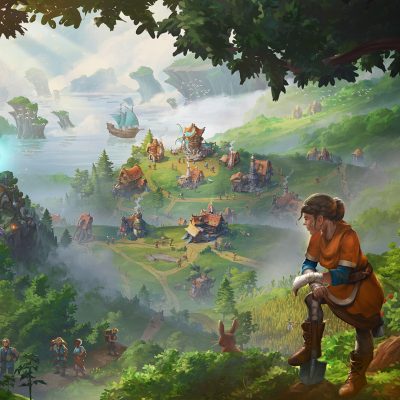

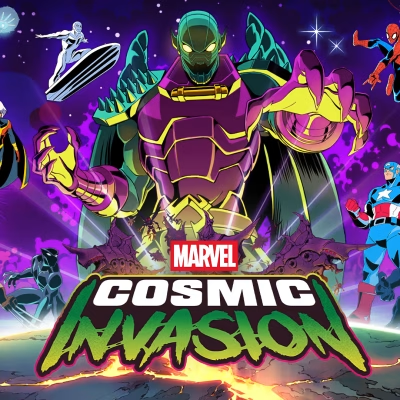
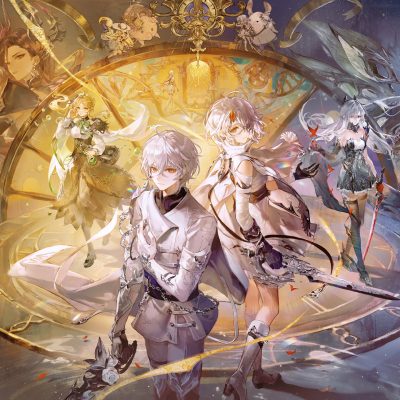
This piece is a beautiful blend of wisdom and simplicity — it makes you think deeply while keeping things accessible.